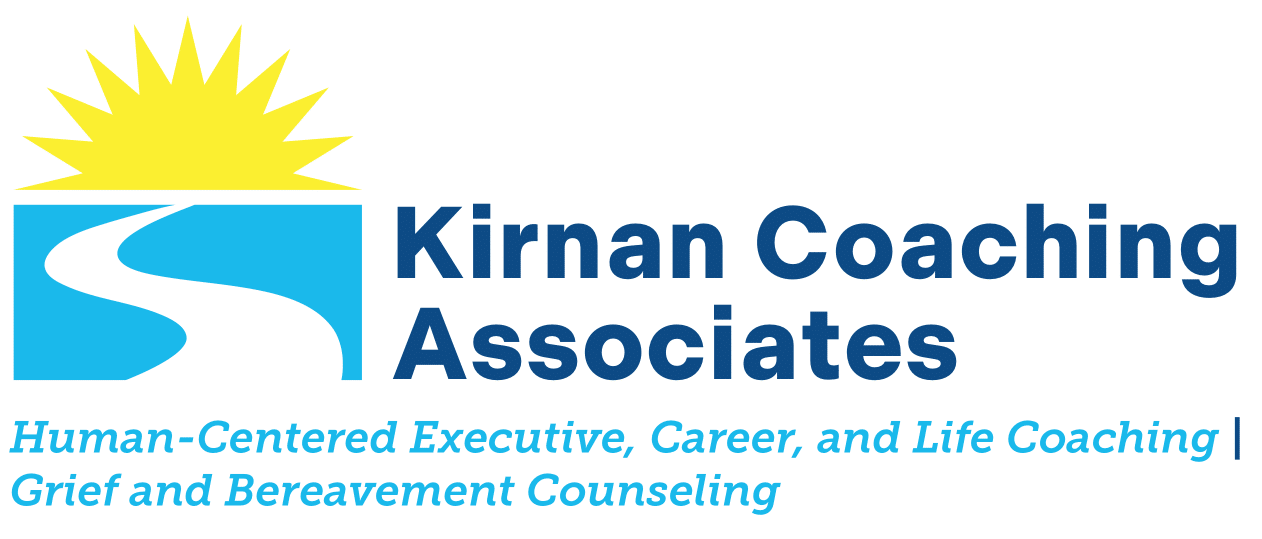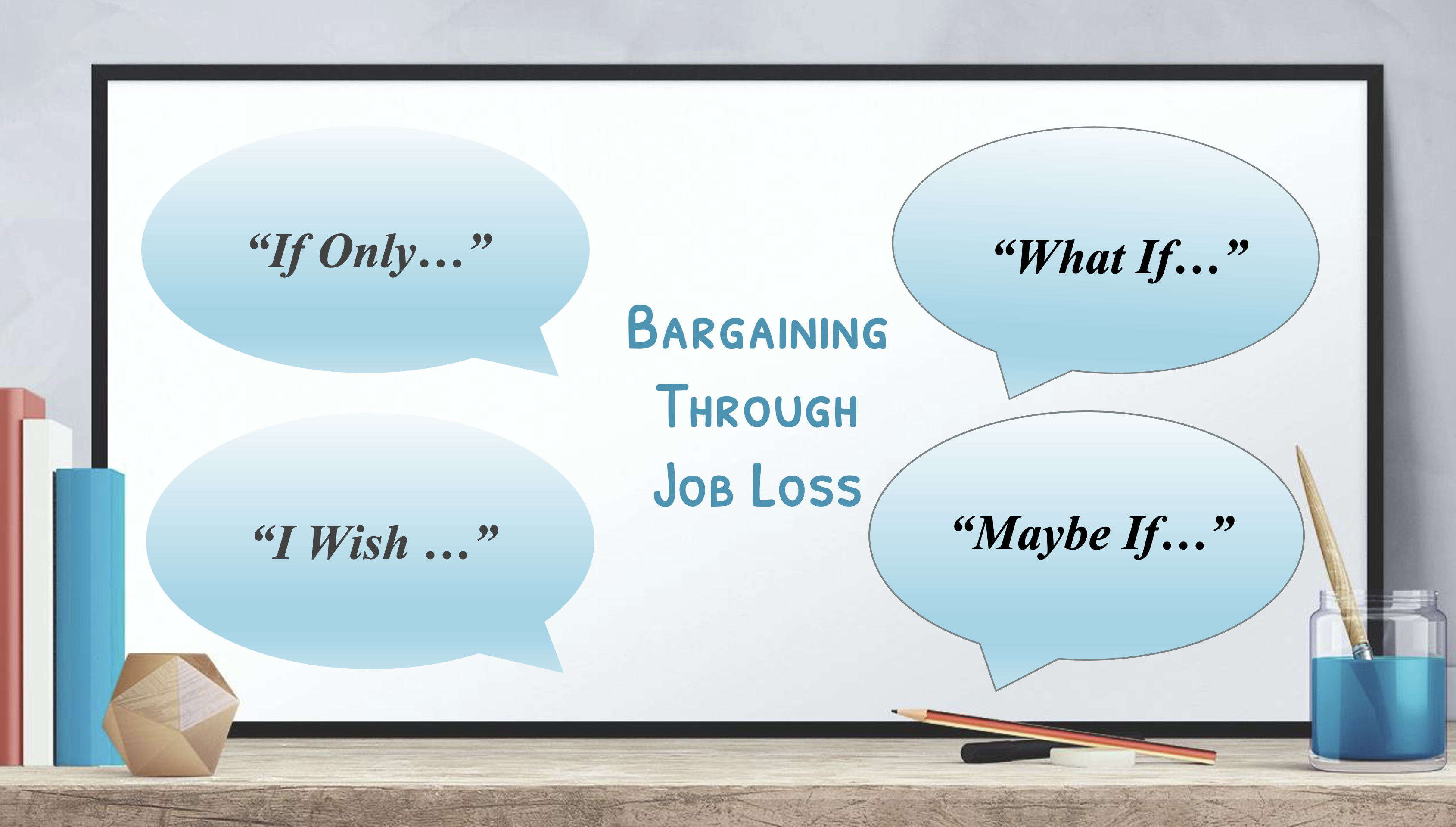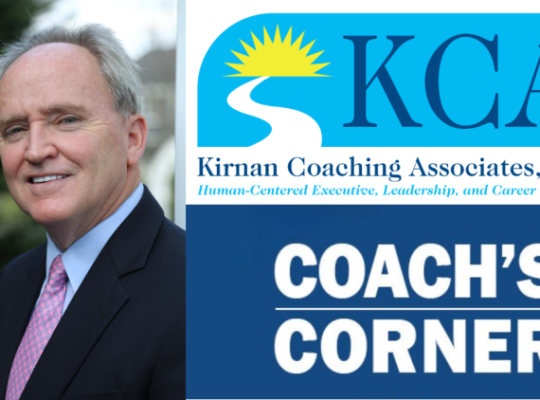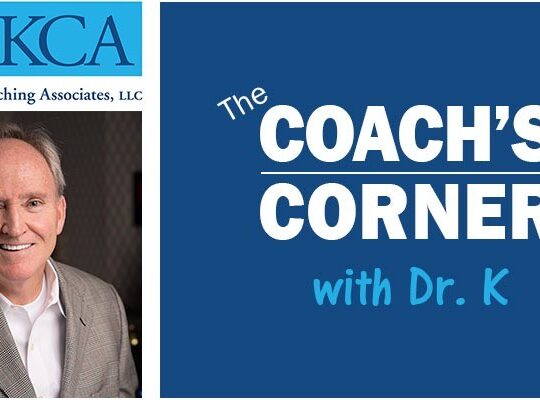“All I can think of is what happened? I want my life, my job, my paycheck back, Lord. My daily routine is gone! Is this really Your plan for my life?”
From the book, “A Spiritual Guide for the Unemployed”, Timothy Mullner, DVM (2011)
The Bargaining Stage of Grieving a Job Loss
Grieving job loss often mirrors those same stages of grief that people experience when losing a loved one including initial denial and shock; anger, and a host of other emotions triggered by the loss; feelings of deep sadness over the loss; and hopefully at some point, an acceptance of the loss. In recent years, renowned grief expert David Kessler suggests an added stage that can often follow the acceptance stage of the loss where the individual discerns the potential meaning in the loss in moving forward.
Several of my earlier Coach’s Corner posts have addressed those earlier stages of grief in job loss. In this post, I take a closer look at the Bargaining stage of grief and examine some of the more common “If Only”, “What If”, “Maybe If”, and “I Wish” statements that surface during a job loss. Such statements touch on our regrets, our shame, and feelings of guilt over the loss; our penchant for excessive self judgement and tendency to second guess our earlier decisions, continually ruminating over mistakes we may have made and all those things that could have been or should have been. In many ways, bargaining is our way of trying to reverse what has already occurred in the hope that the job loss was just a bad dream. By addressing these specific bargaining statements, we can help clients reframe these thoughts into action statements that are more positive in tone and centered on their personal growth, helping them move forward with more confidence in finding their next position.
Some Examples of Bargaining Statements and How to Reframe Them
Here is a sampling of some of the more common bargaining statements that often surface in job loss and how to potentially reframe those thoughts in a way that both validates a client’s feelings about the job loss but can also shift their mindset and help them move forward for the work ahead:
IF ONLY Statements
- “IF ONLY I had worked harder maybe I wouldn’t have been let go” REFRAME to “Next job, I’ll work smarter to make my impact more visible.”
- “IF ONLY I had been more flexible” REFRAME to “Next job, I need to stretch myself beyond my comfort zones and embrace new ways of doing things.”
- “IF ONLY I had built better relationships and networked more, I wouldn’t feel so lost now” REFRAME to “Next job, I’ll make it a priority to connect with others because strong relationships will create stronger opportunities.”
WHAT IF Statements
- “WHAT IF I had been more proactive and asked for more feedback earlier” REFRAME to “Next job, I’ll ask for more feedback early, often, and openly.”
- “WHAT IF I had chosen a different career path or taken that other job” REFRAME to “I can’t change what just happened, but I can use this moment to reflect, refocus, and realign my next step with what matters most.”
- “WHAT IF I had pursued further education and professional development” REFRAME to “This is my moment to invest in whatever skills that can open new doors for me and my future.”
I WISH Statements
- “I WISH I had managed my finances better so I wouldn’t be so stressed now” REFRAME to “I’m taking steps now to build greater financial stability and resilience in my future.”
- “I WISH I had a different attitude” REFRAME to “I can’t change the past, but with the right mindset, I can show up differently for the future that lies ahead.”
- “I WISH I had seen the signs all around me so I could have prepared for this” REFRAME to “I’m now more attuned and better prepared for what’s next in my career.”
MAYBE IF Statements
- “MAYBE IF I had spoken up for myself more, I might have been seen as valuable” REFRAME to “Next job, I’ll speak up more frequently to make sure my contributions and value is clearly seen and heard.”
- “MAYBE IF I had left on my own terms, this wouldn’t feel so painful” REFRAME to “I’ll use this moment as an opportunity to reassess and redefine my future career path.”
- “MAYBE IF I had asked for more help and support” REFRAME to “Seeking support is a strength, not a weakness and I will build a stronger support system as I navigate this transition.”
Sometimes, there’s also a spiritual element to the bargaining stage of grieving a job loss where we question our faith believing that this loss is somehow God’s plan for us or that it reflects punishment for something we may have done. Such spiritual questioning often leads to a type of transactional prayer where we might say “Lord, I’ll do this for you if you’ll just give me my job back”.
In my experience as an Executive and Career Coach and in my work as a Bereavement Counselor, excessive time spent bargaining with the job loss can increase a client’s self-doubt effectively delaying their ability to move forward in the transition to that new job. Ultimately, clients successfully navigate this stage of grief, achieving resilience, greater self-awareness of what worked and didn’t work in the earlier position, and even potentially find new meaning in fully accepting the job loss by affirming many of the feelings that were revealed in examining their specific “If Only”, “What If”, “Maybe If”, and “I Wish” moments in grieving the job loss.
A Reflective Exercise to Help You Navigate Through Your “If Only”, “What If “, “I Wish”, and “Maybe If” Moments in Grieving a Job Loss
I will often ask a client to share with me their own very personal feelings that come up for them in their job loss experience by completing an exercise that asks them to reflect on how they feel about the former job itself such as:
- What did they like about their former job?
- What didn’t they like about the former job — was it specific colleagues they interacted with, the leadership of the company, the culture and working environment?
- Did the former position allow for your continuing professional development and training?
- Was the job description clear as to your specific role and responsibilities?
- Did you have clarity in the specific metrics that were used in evaluating your performance and in meeting expectations?
This exercise helps clients reclaim a sense of control by enhancing their overall self-awareness of the job they just lost so they can put that loss in a more balanced perspective. Through conversation and further reflection, they can often more readily see that job losses are often influenced by factors well beyond their control due to structural changes in the broader economy, the industry, or the specific job function they are employed in. In fact, with these added insights, many clients realize they might not choose this position again if circumstances were different and it can help them reframe with much greater clarity what specific factors are important for them to focus on in their search campaign for that next position.
So, whether you find yourself in the middle of a job transition or helping support someone who is, grief in job loss is real but it doesn’t have to define you or that next chapter that lies ahead. Give yourself permission to name and fully feel all your personal “If Only”, “What If”, Maybe If, and “I Wish” moments as you bargain your way through the job loss and reframe those moments into specific actions that can help you move forward.
Wishing my clients, fellow coaches, colleagues, and friends the gift of God’s abundant blessings, Dr. K
#executive coaching #careercoaching #griefcoaching #bereavementsupport






